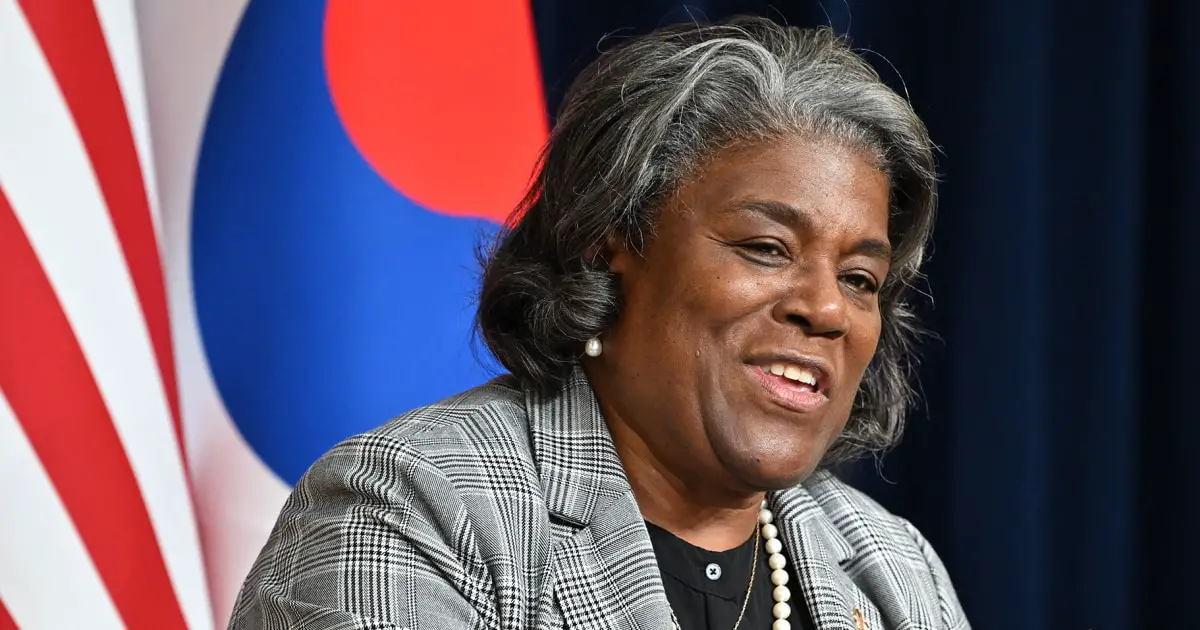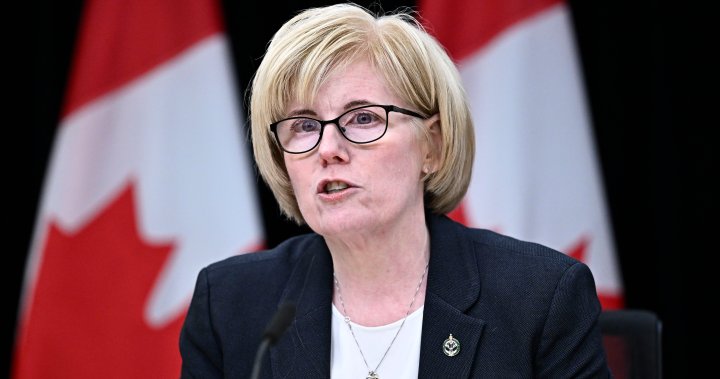

PANMUNJOM, South Korea — The U.S. ambassador to the United Nations urged Russia and China on Tuesday to reverse course, and stop rewarding North Korea’s bad behavior and blocking U.N. scrutiny of the isolated country’s efforts to evade sanctions over its weapons programs.
Ambassador Linda Thomas-Greenfield made the remarks during a visit to the Demilitarized Zone, a heavily fortified border between the two Koreas, which remain technically at war.
Her trip to South Korea came after Russia rejected the annual renewal of the multinational panel of experts that has over the past 15 years monitored the implementation of U.N. sanctions aimed at curbing North Korea’s nuclear and missile programs.
Moscow’s veto and China’s abstention only “empowers” North Korea’s efforts to sidestep international sanctions and “shields” it from accountability, Thomas-Greenfield said.
“Hiding the truth does not change it. Rewarding bad behavior only encourages it,” she told reporters. “We urge Russia and China to reverse course and once again to urge Pyongyang to choose diplomacy and come to the negotiating table to commit to constructive dialogue.”
Washington will work with South Korea, Japan and other partners at the Security Council to look at “some creative ways, some out-of-the-box thinking” to continue monitoring sanctions enforcement and other work carried out by the panel, Thomas-Greenfield said.
Later in Seoul, she met with a group of young North Korean defectors, lauding their escape to the South as “courageous, inspiring.”
“One of my priorities is to raise the profile of human rights violations in the DPRK, to raise the profile and amplify your voices as escapees,” she told them, referring to North Korea by the initials of its official name, the Democratic People’s Republic of Korea.
Thomas-Greenfield arrived on Sunday and met President Yoon Suk Yeol and Seoul’s foreign and defense ministers on Monday to discuss ways to deter North Korea’s weapons programs and promote human rights in the reclusive state.
She will also travel to Japan, where she is expected to meet family members of Japanese citizens who were abducted in the early 2000s by North Korea, and visit Nagasaki, which was hit by a U.S. nuclear bomb in 1945, until Saturday.
Both South Korea and Japan are U.S. allies and members of the Security Council.






